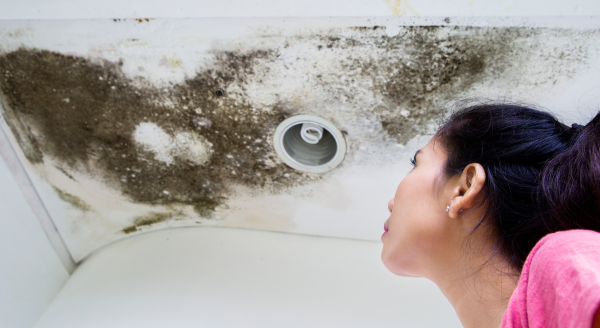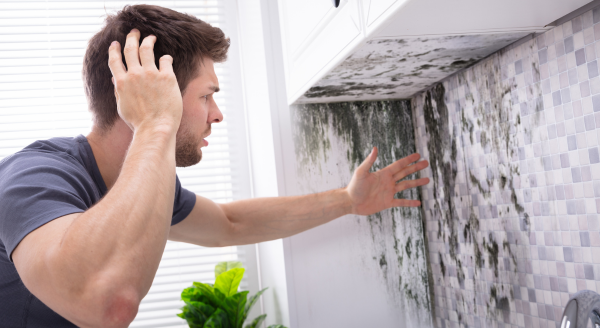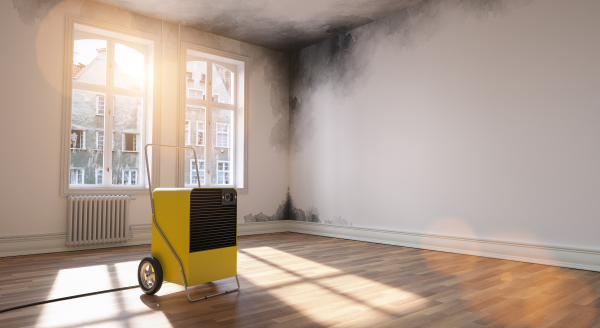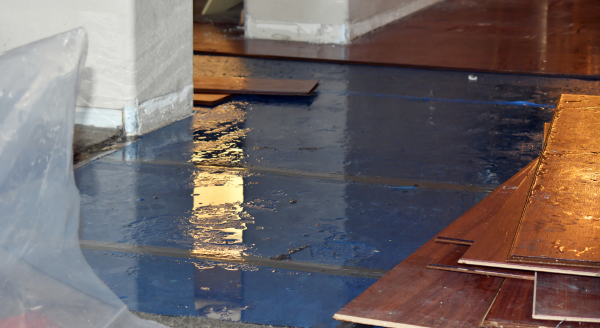Building your restoration business is an exciting feat. From developing yourself to acquiring new clients, each day will bring new victories and challenges. Unfortunately, many people fail to fully understand the traits of a successful business leader and run into problems while growing their company. Building your restoration business isn’t just about your ability to get the job done. A successful business owner should also be well-versed in soft skills. Here’s what you need to know about hard skills vs. soft skills.
What Are Hard Skills?
Hard skills are abilities that are directly related to your line of work. They differ from one industry to another. For example, an IT technician will have different hard skills than a chef. They are the abilities expected from someone in their line of work.
A restoration company that specializes in mold remediation should be equipped with hard skills, including:
- Repairing water plumbing systems
- Isolating areas contaminated with mold
- Controlling airborne spores
- Vacuuming moldy surfaces
- Cleaning and removing mold-covered objects and materials
- Thoroughly cleaning structures that can’t be moved
- And more
Depending on your specialty, you will learn many necessary hard skills in training. Others will come in time through hands-on experience. Soft skills, on the other hand, are harder to pick, yet equally important.
What Are Soft Skills?
Soft skills are skills that aren’t directly related to your field of work but are essential for a successful business career. Here are some of the top soft skills you should have when building your restoration business.
Communication
Communication should be professional and grammatically correct. Both verbal and written communication will cause potential clients to make judgments about you and your company. Keep phone calls, emails, text messages, and all other forms of communication professional and efficient.
Teamwork
The ability to work with others is an essential part of the business. Whether you work as part of a team or by yourself, being able to communicate and work with others will always help a job run more smoothly and efficiently.
Problem Solving
Every job has its own unique problems. You will inevitably have to deal with unforeseen problems during a restoration job. The ability to solve problems quickly and optimally is a valuable soft skill. Unforeseen problems shouldn’t put a halt to your entire workday.
Leadership
As your restoration business grows, you will likely take on more responsibilities and eventually hire employees of your own. The ability to lead your team will make or break your company. Leadership involves learning to communicate effectively with your team and manage multiple projects at a time.
Adaptability
As the world is changing, so too do industries. The inability to adapt will cause you and your company to become obsolete and forgotten. Don’t shy away from new practices and tools that may work effectively in your field or industry.
There are many ways to build a restoration business, but all successful companies understand the importance of both hard skills and soft skills. Makes sure you prioritize both, and you will see new doors and opportunities open as you continue down your career path.
Looking for a Training Institute?
If you aren’t sure how to go about taking classes or the licensing examination, call us today. The National Environmental Training Institute (NETI) is a state-certified training company offering Mold Remediator and Mold Assessor training. NETI also offers continuing education units (CEU’s), certification, and licensing.










